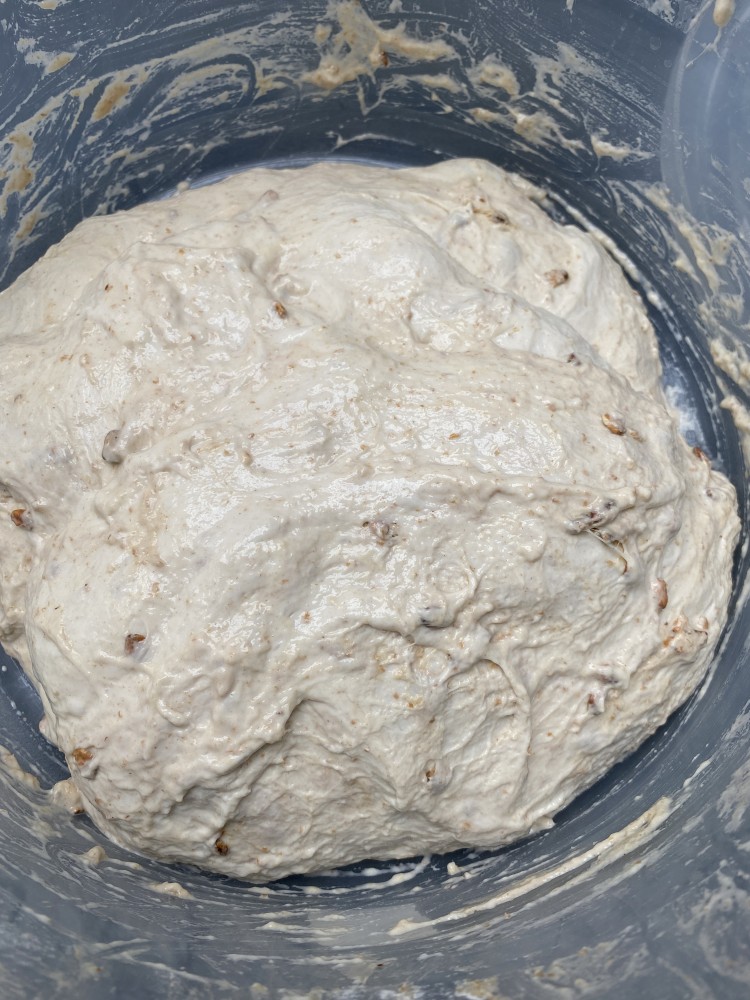Bread - What are you baking today…..
-
@ everyone- breads look amazing! Really cool to see so many of us around the world baking and sharing photos. If only we could share the bread!
@Chap interesting- that did not happen to mine, no idea what would cause that. What did you think of working with spelt?@neversummer I like it especially with your recipe it was quite easy to handle. The dough was sticky but still good to fold. Taste is nice too… Spelt is quite common in Austria. Half of the bread sold in bakerys are spelt or combinations with spelt. I think each country has it's own preferences regarding bread. In Austria most of the breads sold are dark, with rye or combinations of rye/wheat/spelt and a rising amount of bread made and sold are whole-grain or partly whole-grain. The kind of sourdough bread like the recipes of Forkish, Maurizio aso is not very common in Austria. Since some years ancient grains like Khorasan, Emmer or Einkorn became very popular too.
My today's bread will be a mostly whole-grain rye/khorasan/spelt bread with a rye levain and a spelt poolish. -
Otherwise gentlemen, talk to me about autolyse… I’ve read about it but what is the conclusion of The Iron Bakers?
I don’t no much about it… in my book there is a lot about protein and Gluten and what’s happening to strengthen the dough and the release of sugars to feed the yeasts...that it should be wheat and water only, 20 min to up an hour...
-
Otherwise gentlemen, talk to me about autolyse… I’ve read about it but what is the conclusion of The Iron Bakers?
I don’t no much about it… in my book there is a lot about protein and Gluten and what’s happening to strengthen the dough and the release of sugars to feed the yeasts...that it should be wheat and water only, 20 min to up an hour...
That is my understanding too, but have you noticed a positive effect, with and without an autolyse step?
-
I always autolyse unless I'm doing a pre-ferment. I don't really understand the chemistry, but it takes no real time, so seems sensible to do.
https://www.bakerybits.co.uk/resources/autolyse-what-why-how/
-
Hmmm, not encountered that, but I have been concentrating on pre-ferments lately whilst I wait for my new mongrel starter (it gets fed a variety of different flours - white, wholewheat, rye, spelt, chapatti, depending what is at the front of the cupboard when I open it up) to get to a stage that I am comfortable baking with it.
-
You guys are killing it with the Bread @Chap that one there…real nice!
-
I'm not always sure of bread making terminology, but I do the autolyse, usually about 20-30 minutes. I was talking with P & G today, and Paula asked about the potato bread I made. After autolyze, I added the cooled mashed potato, and the water I used was cooled water from boiling the potato. So far its my favorite bread.
-
I'm not always sure of bread making terminology, but I do the autolyse, usually about 20-30 minutes. I was talking with P & G today, and Paula asked about the potato bread I made. After autolyze, I added the cooled mashed potato, and the water I used was cooled water from boiling the potato. So far its my favorite bread.
I have a colleague who makes potato bread and brings it to work. I think he uses potato flour as well as master boiled potato. Wonderful stuff. Very satisfying.
-
This morning I repeated the same bake as I did about five days ago. One spelt sourdough with spelt starter, split into two loaves and one wheat sourdough with rye starter, split into two. Same recipe and largely the same process, with two differences. Firstly I was careful not to overproof (about 30min shorter bulk ferment). Secondly both sets of sourdough had a 30min autolyse with only the flour and water mixed.
I haven’t cut into the wheat loaves yet as they are cooling, but the spelt loaf definitely has a more open, irregular structure than the last time without autolyse, and is fluffier and softer.
Today:

Last week:

I’m going to say the autolyse was the decisive factor.
The Banneton’s were a pleasure to use this time and I’m very happy with the results…



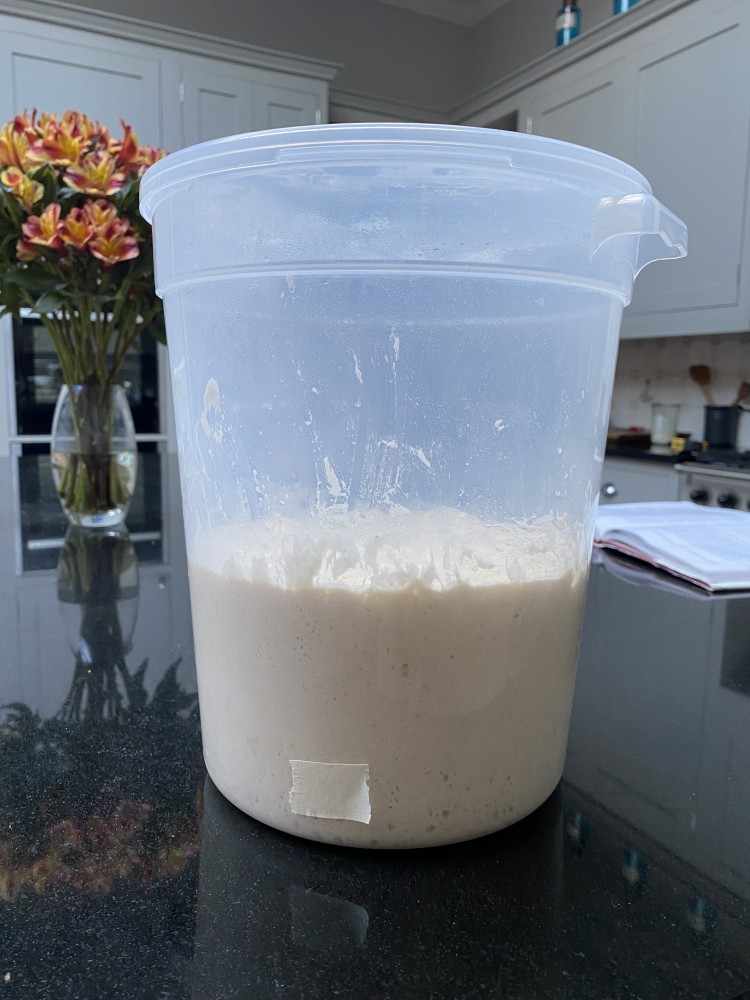
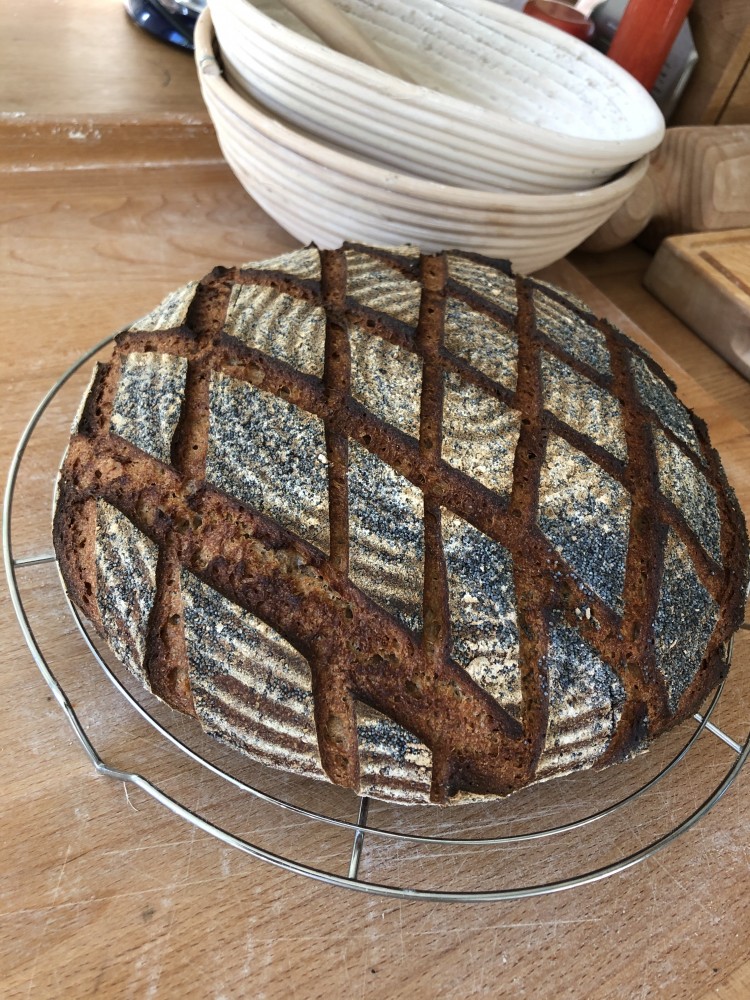
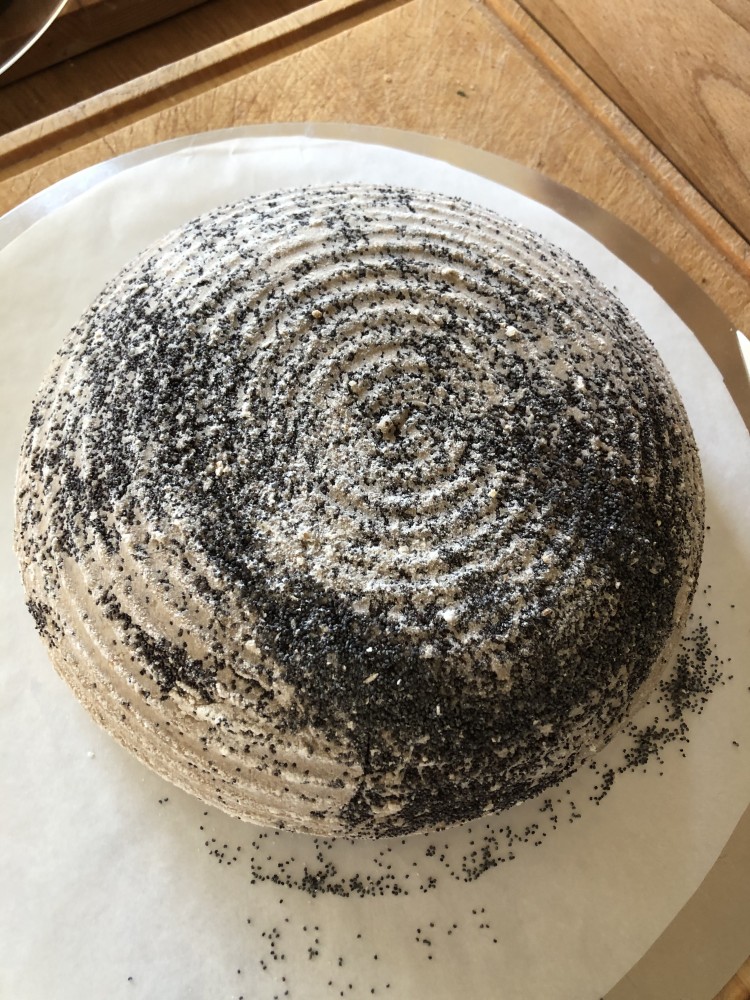

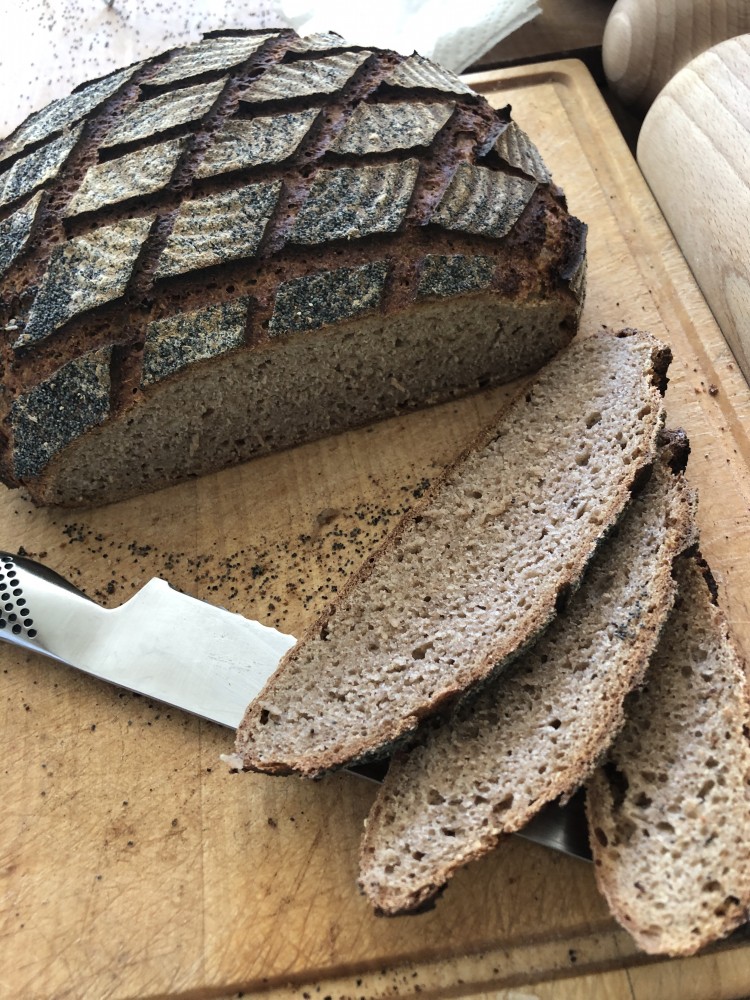
 ️ Thanks buddy
️ Thanks buddy